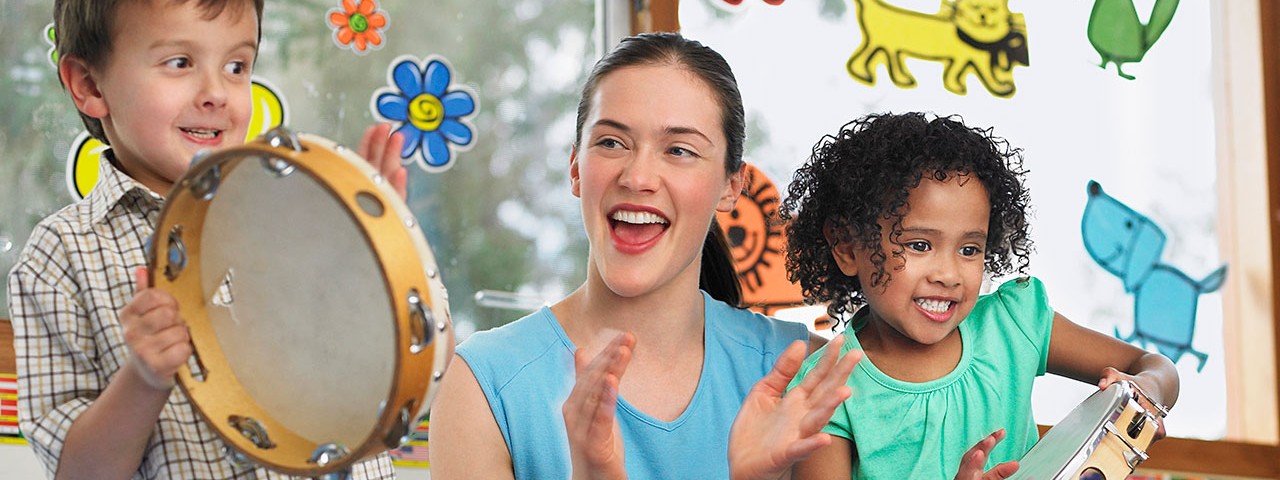Music is More than Entertainment
- Tweet

When observing a music class packed with pre-schoolers and kindergartners, one should expect a lot of moving parts. Moving feet, moving hands, moving bodies, moving vocal cords.
Music is more than entertainment for kids! It helps the brain grow! Tweet this!You can also expect to see a lot of learning, according to Joe Murphy, founder of Music for Aardvarks Memphis, a multi-sensory music curriculum for kids and their parents. “There are music elements being learned, where you are working on melody and rhythm and that kind of thing. But then, there is all sorts of other stuff going on.
“Exposure to music can help children learn to listen, focus and pay attention. It helps them learn how to follow direction in a group and be part of the group. Over the long term, it helps with language development, enables self-expression, and bonds them to the people in their lives and the world around them.”
Good Vibrations
Music enters the human ear as vibrations. Within the inner ear, these vibrations are converted into neural impulses that slip into the brain, spread along the twisting roadmap of nerves and connections, and funnel out into the body, where they manifest as a tapping foot, a bobbing head or a happy heart.
In a way, music is like food for the brain. Regular exposure to music can feed parts of the brain as they grow. In one study, four-year-old children that listened to one hour of classical music daily for six months showed significant positive changes in brain activity. The brain response in musically trained four-year-olds was even more profound.
Musical Activities Promote Social Development
“I’ve seen this a lot, where kids come in and they seem super shy, clinging to their mom,” said Murphy. “And then we embark on our ten-week semester, and by the end of the class it’s just incredible. They’re walking around, participating in the activities, putting the instruments back when it’s time to clean up, a part of the gang. Exposure to music and making music builds a lot of confidence. I see that happen all the time.”
Experiences in music bring the brain and body together, strengthening their ability to cooperate. Motor skills develop as the fingers and brain work together on a task. Similarly, ideas and language are practiced together, as a child sings the words of a song or expresses himself through dance.
“There are lot of group activities involved in making music, and I can watch kids kind of gain their sense of self in front of others,” Murphy said. “Instead of being self-conscious and removed around others, music provides a place where they can experiment with and become comfortable with self-expression.”
The musical brain doesn’t grow in isolation. It grows inside the whole person, who lives in a particular home environment, experiencing individual motivations and ideas. It’s one part of human life and is influenced by other experiences. In turn, experimenting with music, listening to it, performing it, playing around with it, influences other skills and abilities as a child grows.
“With very young kids I don’t see it as only a music class; it’s a self-expression class,” said Murphy. “I want these kids to be able to be more self-expressive. You know that feeling people have when they’re in a group but they are so self-conscious that they can’t be themselves? I teach the kids that this music environment is place to be free of that, let yourself be free, and the parents also. Just be a kid again, enjoy life as much as you can.”
This article was originally published by Memphis Parent.
